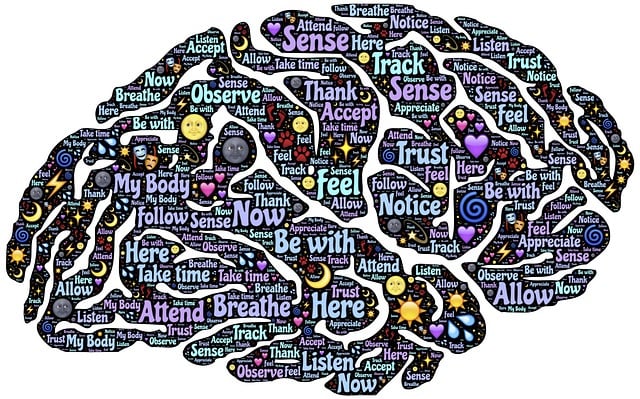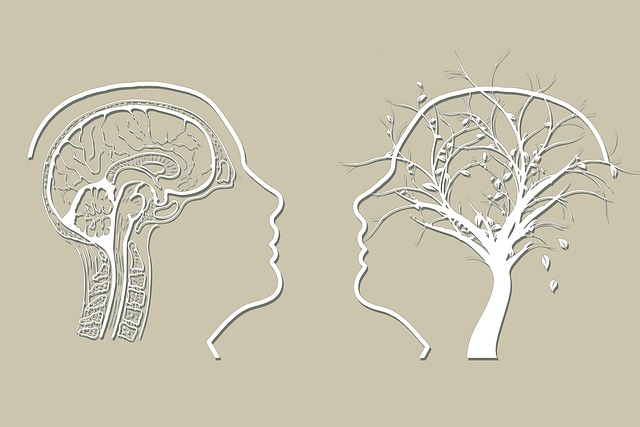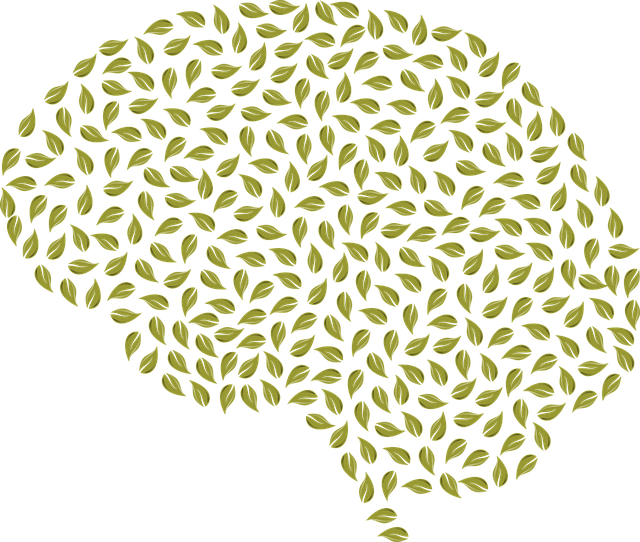Highlands Ranch Codependency Therapy offers a unique, comprehensive mental health education program addressing relationship dynamics and emotional patterns leading to codependent behaviors. Through mindfulness, communication skills, boundary setting, and resilience-building workshops, this therapy equips individuals with self-care tools, promotes work-life balance, and encourages healthy routines. The curriculum balances theoretical knowledge with practical skills, including group discussions, role-playing, crisis intervention training, and cultural sensitivity, empowering participants to navigate relationships and contribute to community mental health initiatives. Strategic planning, facilitator training, and continuous improvement based on feedback ensure the program's sustained impact and relevance.
Mental health education programs play a pivotal role in fostering well-being. This article explores the design of an innovative approach, focusing on Highlands Ranch Codependency Therapy, a specialized program addressing complex interpersonal dynamics. We delve into understanding codependency, its unique therapy methods, and structured course design principles. Furthermore, implementation strategies and continuous improvement techniques are discussed to ensure effectiveness and accessibility in helping individuals navigate their mental health journeys.
- Understanding Codependency: Unveiling the Nature of Highlands Ranch Codependency Therapy
- Program Structure: Designing Effective Mental Health Education Courses
- Implementation and Support: Strategies for Successful Rollout and Continuous Improvement
Understanding Codependency: Unveiling the Nature of Highlands Ranch Codependency Therapy

Understanding codependency is a crucial step in designing effective mental health education programs, especially tailored to meet the unique needs of Highlands Ranch communities. Codependency therapy in this context goes beyond traditional therapeutic models, focusing on the intricate dynamics between individuals and their relationships. The program aims to uncover and address the underlying emotional patterns that foster unhealthy attachment and dependency.
Highlands Ranch Codependency Therapy involves a comprehensive approach to empower individuals with the knowledge and skills for self-care. By integrating techniques such as mindfulness, communication strategies, and boundary setting, participants gain a sense of control over their emotional well-being. This therapy also emphasizes the importance of building resilience against burnout, promoting a healthy work-life balance, and encouraging the development of a robust self-care routine—all vital aspects for enhancing mental health and overall lifestyle.
Program Structure: Designing Effective Mental Health Education Courses

Mental health education programs must be meticulously structured to address various aspects of psychological well-being effectively. A balanced curriculum that combines theoretical knowledge with practical skills is essential. For instance, courses tailored for Highlands Ranch Codependency Therapy can include modules on recognizing and managing codependent behaviors, fostering healthy boundaries, and enhancing communication strategies. These topics are crucial in helping individuals navigate interpersonal relationships and promote personal growth.
The program structure should also prioritize interactive learning experiences, such as group discussions, role-playing scenarios, and workshops focused on crisis intervention techniques. Integrating Cultural Sensitivity in Mental Healthcare Practice ensures that participants gain insights into diverse cultural perspectives, enabling them to provide inclusive and effective care. Additionally, incorporating public awareness campaign development components can empower individuals to contribute to broader mental health initiatives, fostering a supportive community environment.
Implementation and Support: Strategies for Successful Rollout and Continuous Improvement

Implementing a mental health education program requires strategic planning and ongoing support to ensure its success and sustained impact. One key aspect is establishing a comprehensive rollout strategy that includes clear communication channels, training for facilitators, and community engagement. By providing educators with the necessary resources and guidance, organizations can facilitate effective knowledge transfer and create an environment conducive to open discussions about mental well-being.
Continuous improvement is equally vital. Regularly gathering feedback from participants and evaluators helps identify areas for enhancement. Incorporating evidence-based practices such as Mind Over Matter principles and stress management techniques, coupled with Highland Ranch Codependency Therapy methods, can transform the program into a powerful tool for emotional healing processes. This iterative approach ensures the program remains relevant, engaging, and aligned with the evolving needs of the community it serves.
Mental health education programs play a pivotal role in empowering individuals to take charge of their well-being. By understanding codependency, such as the unique approach offered by Highlands Ranch Codependency Therapy, we can design effective courses that educate and support. A structured program, combined with practical implementation strategies, ensures long-term success. With continuous improvement at its core, these initiatives foster healthier communities, making mental health education an indispensable tool for overall well-being.














